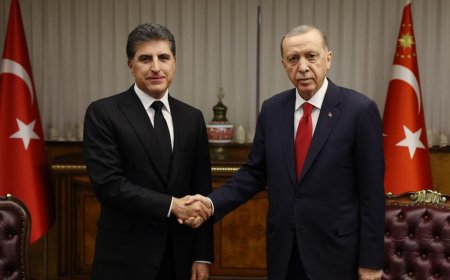Kurdish, Iraqi officials discuss anti-ISIS fight with CENTCOM chief

ERBIL, Kurdistan Region - The Kurdistan Region and Iraq’s top officials on Tuesday met with Admiral Brad Cooper, the US Central Command’s (CENTCOM) new commander, to discuss Washington’s support in the ongoing fight against the Islamic State (ISIS) and bilateral relations.
Kurdistan Region President Nechirvan Barzani and Cooper “addressed the relationship between the US and Iraq, as well as the Kurdistan Region, particularly on security and military matters, including the ongoing threat posed by ISIS,” read a statement from the Kurdistan Region Presidency.
During the meeting, President Barzani and Cooper exchanged views on regional stability, particularly in Iraq and neighboring Syria, along with Washington’s support for Iraqi and Kurdish security capabilities, according to the statement.
Cooper underscored the alliance between Washington and Erbil, reaffirmed commitment to the ties, and “stressed the necessity for improved collaborative efforts between both parties to address terrorism,” the statement added.
The CENTCOM commander then met with Kurdistan Region Prime Minister Masrour Barzani, with the meeting centered on “continuing support for the Peshmerga forces and the latest developments in the security situation in Iraq and the [Kurdistan] Region,” according to a Kurdistan Regional Government (KRG) statement.
In Baghdad, Iraqi Prime Minister Mohammed Shia’ al-Sudani and Cooper discussed the progress made in the fight against ISIS, as well as “continuing dialogue on joint security cooperation at the bilateral level between Iraq and the US,” said a statement from Sudani’s office.
Sudani “pointed out that the partnership between Iraq and the United States has yielded important results that serve the interests of both countries and has contributed to strengthening security and stability locally, regionally, and internationally,” the statement added.
The meetings come with US forces bracing to depart Baghdad for Erbil by the end of September in accordance with the 2021 US-Iraq agreement.
US and Iraq signed an agreement in 2021 to transition their security relationship into an advise and assist role. The deal was triggered by Baghdad's anger over US actions that the Iraqi government deemed a violation of its sovereignty - most notably the assassination of Iranian commander Qasem Soleimani and deputy chief of Iraq’s Popular Mobilization Forces (PMF, or Hashd al-Shaabi) Abu Mahdi al-Muhandis in Baghdad in early 2020.
ISIS seized control of swathes of Iraqi territory in a brazen offensive in 2014, but it was declared territorially defeated in 2017 when its so-called caliphate fell to Iraqi and Kurdish fighters, supported by a US-led international coalition, who clawed back lands from the jihadists.
The militants continue to pose security threats despite lacking territorial control, particularly through attacks in territories disputed between Erbil and Baghdad, which stretch across the provinces of Kirkuk, Nineveh, Salahaddin, and Diyala.
[Source: Rûdaw English]

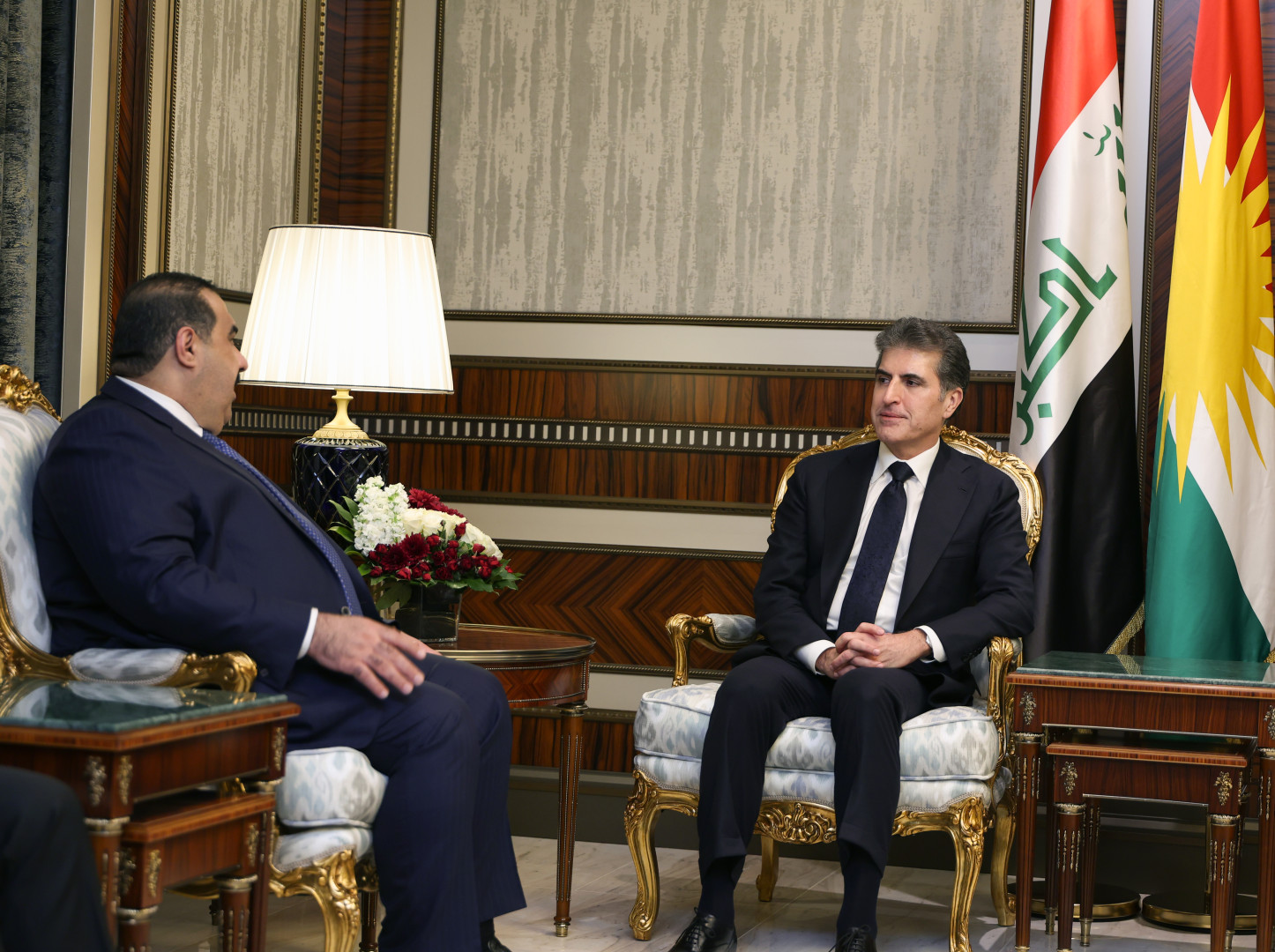

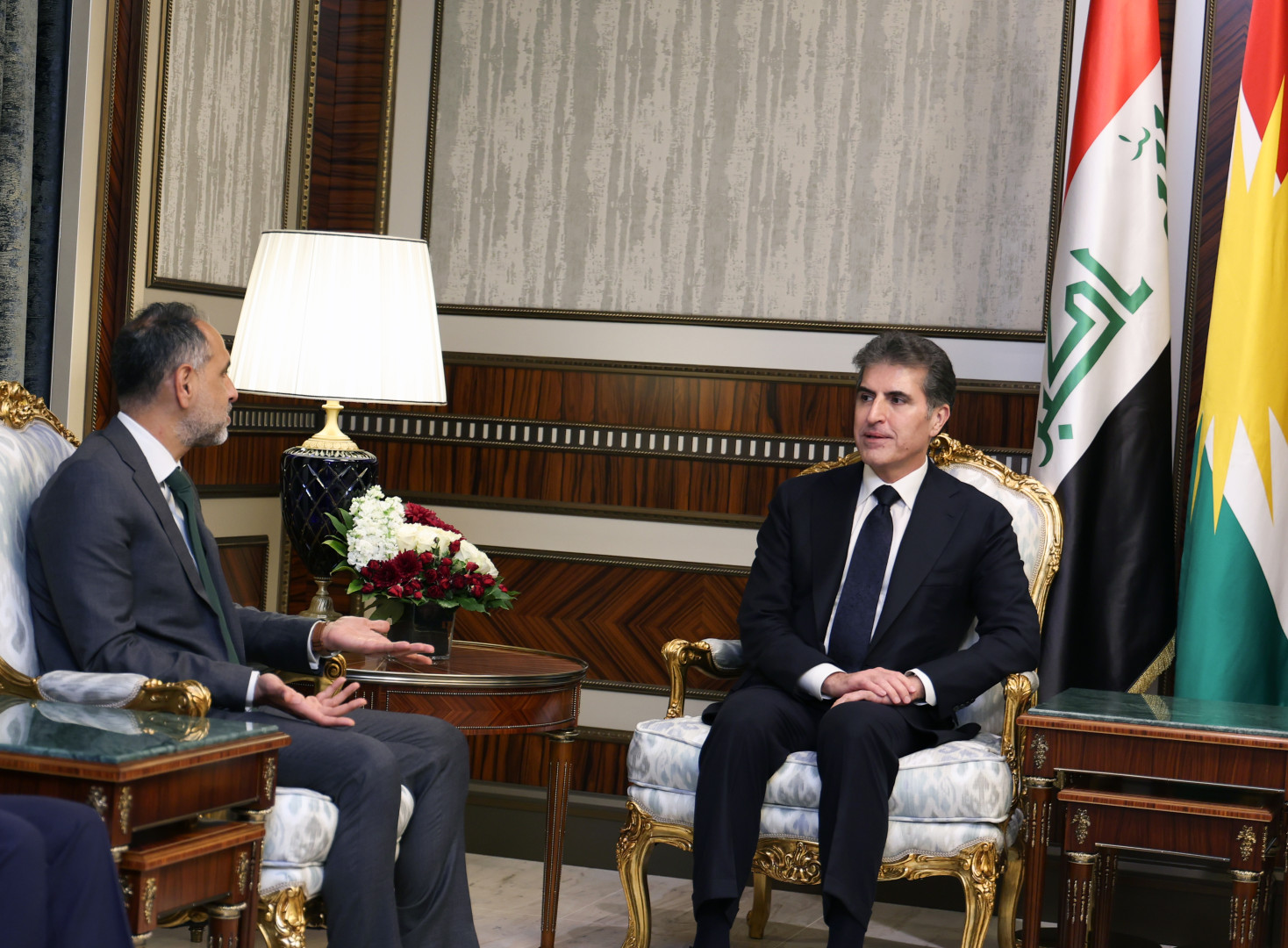



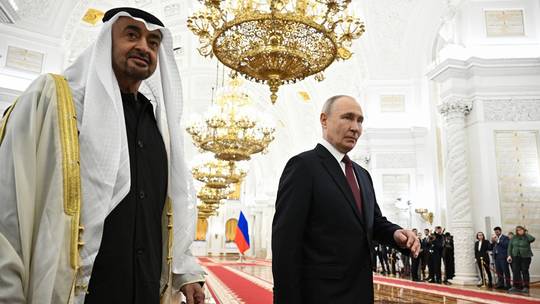










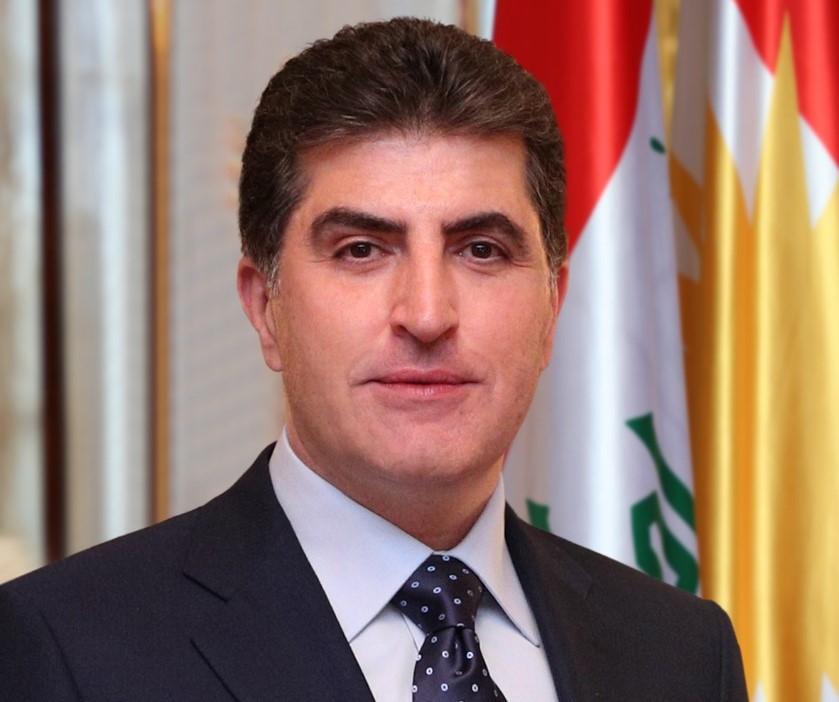




/file/attachments/orphans/IMG_9103_429753.jpeg)






















